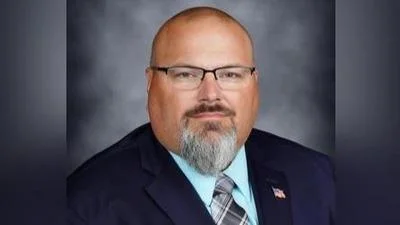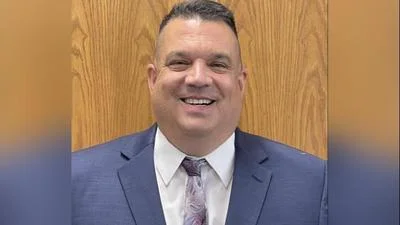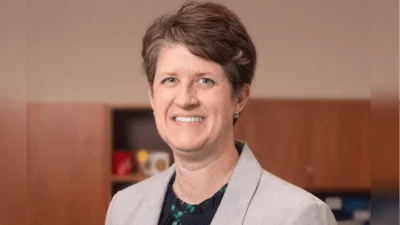Romaine Quinn Wisconsin State Senator (District 25) | Romaine Quinn Wisconsin State Senator (District 25)
Romaine Quinn Wisconsin State Senator (District 25) | Romaine Quinn Wisconsin State Senator (District 25)
According to the Wisconsin State Legislature's official website, the bill was described as follows: "an income and franchise tax exemption for broadband expansion grants and for federal high-cost program funding for broadband expansion. (FE)".
The following is our breakdown, based on the actual bill text, and may include interpretation to clarify its provisions.
In essence, this bill introduces an exemption from state income and franchise taxes for income acquired through grants or federal high-cost funding aimed at broadband expansion in Wisconsin. Applicable entities include state, local governments, tribal governments, or the federal government. The bill specifies that this exemption cannot be combined with any other exemptions on the same grant. Additionally, deductions are provided for income received from federal programs developed under specific regulations for broadband expansion. The bill first applies to taxable years beginning after Dec. 31, 2024, aiming to financially support and incentivize broadband infrastructure development.
The bill was co-authored by Representative Rob Summerfield (Republican-68th District), Senator Dan Feyen (Republican-20th District), Senator Jesse L. James (Republican-23rd District), Senator Sarah Keyeski (Democrat-14th District), Senator Brad Pfaff (Democrat-32nd District). It was co-sponsored by Representative David Armstrong (Republican-67th District), Representative Calvin T. Callahan (Republican-35th District), and Representative Barbara Dittrich (Republican-99th District), along 26 other co-sponsors.
Romaine Robert Quinn has authored or co-authored another 24 bills since the beginning of the 2025 session, with none of them being enacted.
Quinn graduated from the University of Wisconsin at Green Bay in 2014 with a BA.
Quinn, a Republican, was elected to the Wisconsin State Senate in 2023 to represent the state's 25th Senate district, replacing previous state senator Janet Bewley.
In Wisconsin, the legislative process starts when a senator, constituent, group, or agency proposes an idea for a bill. After drafting, the bill is introduced, numbered, and referred to a committee for review and public input. If approved, it moves through three readings and votes in both the Senate and Assembly. Once both chambers pass the same version, the bill goes to the governor, who can sign it, veto it, or let it become law without a signature. Only a small share of bills introduced each session ultimately become law. You can learn more about the Wisconsin legislative process here.
| Bill Number | Date Introduced | Short Description |
|---|---|---|
| SB176 | 04/03/2025 | An income and franchise tax exemption for broadband expansion grants and for federal high-cost program funding for broadband expansion. (FE) |
| SB173 | 04/03/2025 | Creating a rural creative economy development grant program. (FE) |
| SB172 | 04/03/2025 | Prohibiting filing or recording contracts for services or materials that do not improve real estate and providing a penalty. (FE) |
| SB166 | 03/27/2025 | Consumer data protection and providing a penalty. (FE) |
| SB158 | 03/27/2025 | County forest administration grant eligibility |
| SB119 | 03/07/2025 | Positions for the Office of School Safety. (FE) |
| SB56 | 02/21/2025 | The use of federal capitalization grant funds for lead service line replacement. (FE) |
| SB41 | 02/12/2025 | School safety grants and making an appropriation. (FE) |
| SB18 | 02/05/2025 | Changes to the educational assessment program and the school and school district accountability report. (FE) |






 Alerts Sign-up
Alerts Sign-up